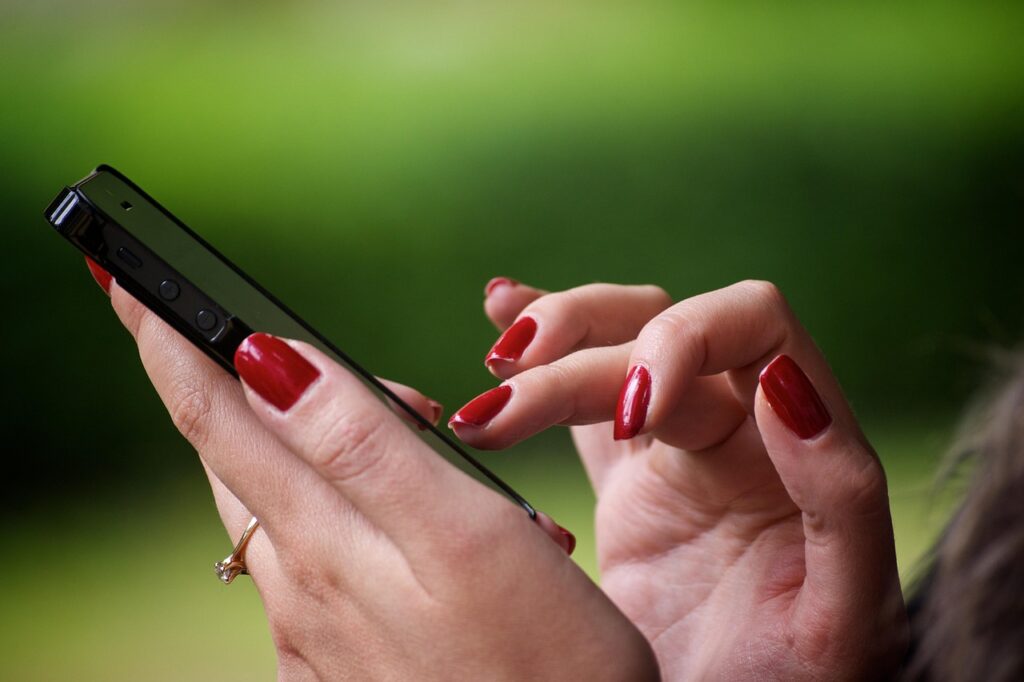South Korea has passed a nationwide law banning smartphones and other smart devices during school hours. The country joins other nations restricting phone use to protect students’ education and wellbeing.
The law will take effect in March 2026. Lawmakers from both ruling and opposition parties supported the measure. They argue it is needed to fight smartphone addiction, which research increasingly links to negative effects.
Parents and politicians push for restrictions
Supporters say phones disrupt lessons and reduce academic performance. Children spend too much time scrolling instead of studying or socialising. Parents worry devices prevent their children from building friendships or pursuing other activities.
Students remain sceptical. Many ask how the law will be enforced and whether it addresses the root causes of addiction.
The bill passed parliament on Wednesday with 115 votes in favour out of 163 members present.
International examples of classroom bans
Many South Korean schools already impose phone limits. Finland and France restrict phones for younger pupils, while Italy, the Netherlands and China enforce nationwide bans. South Korea now stands out for making the restriction legally binding.
“Children just cannot put their phones down,” says Choi Eun-young, mother of a 14-year-old in Seoul.
Rising smartphone dependence among teens
The problem extends beyond classrooms. A 2024 government survey showed nearly a quarter of South Korea’s 51 million citizens rely heavily on their phones. Among teenagers aged 10 to 19, the figure rises to 43%.
Over a third of teens admit they struggle to stop scrolling through videos. Parents say this reduces study time, socialising, and other healthy activities.
“When children go to school, they should focus on lessons and friendships,” Ms Choi explains. “Phones keep distracting them from both.”
Some parents also fear cyberbullying, with children exchanging harsh insults online.
Health risks highlighted by lawmakers
Cho Jung-hun, the opposition lawmaker who introduced the bill, says he acted after observing similar measures abroad. He points to scientific evidence showing smartphone addiction harms brain development and emotional growth.
The law bans phones during class but allows exemptions for education, emergencies, and assistive devices for students with disabilities. Schools must also teach responsible phone use.
Teachers divided over the law
Educators remain split. The conservative Korean Federation of Teachers’ Association supports the measure, saying it strengthens classroom discipline. A survey found 70% of teachers experienced disruptions from phones, with some reporting aggressive student behaviour.
The Korean Teachers and Educational Workers’ Union has not taken an official position. Some members argue the law limits student rights. Critics also note that students rely on apps like KakaoTalk to stay in touch outside school and cram centres.
Exam pressures outweigh the ban
Some teachers argue the law overlooks South Korea’s bigger challenge: the college entrance exam, Suneung. The eight-hour test shapes university admission, careers, and income.
Students prepare from their first day at school. A 13-year-old said he has no time for phone addiction because tutoring and homework often keep him awake past midnight.
Many young people call for guidance rather than confiscation. “We should learn how to live without phones,” says 18-year-old Seo Min-joon, who opposes the law.
He warns the measure will have little impact. “Students will still use phones at night or on their commute,” he says. “We have received no real teaching on healthy use, only confiscation.”


